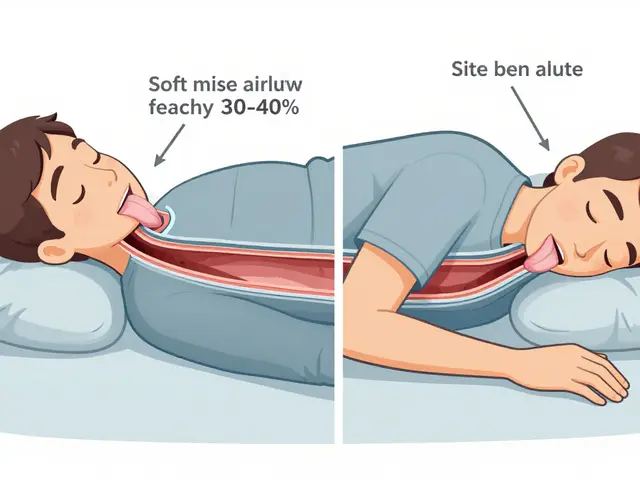Online pharmacy alternatives: how to pick safe, affordable options
Need a cheaper or more convenient way to get medication? There are real alternatives to big-name pharmacies and a few tricks that help you avoid scams. Below I list practical options, quick safety checks, and money-saving tips so you can choose the best route for your meds.
Where to look — realistic alternatives
1) Legit online pharmacies tied to a real clinic or telehealth service. Sites that offer online consults and ship prescriptions (for example UK services or licensed US telepharmacies) are solid if they show registration and give access to a licensed pharmacist. 2) Canadian or EU mail-order pharmacies. Many people use reputable Canadian sellers for lower prices on brand drugs; verify pharmacy accreditation and customs rules before ordering. 3) Price-comparison and coupon sites. Tools like discount-card sites show savings you can use at local pharmacies or some chains. 4) Independent local pharmacies. Small shops sometimes match or beat online prices and offer personalized care. 5) Patient assistance programs and nonprofit services for low-cost meds—useful if you qualify for income-based help.
Quick safety checklist before you order
Verify licensing: check the pharmacy’s registration number and country. If they operate in the UK, look for CQC or MHRA info; in the US, look for state pharmacy license and NABP programs. Read contact options: a real phone number and live pharmacist chat are good signs. Never buy prescription-only meds without a prescription or a proper online consult. Check packaging and shipping terms: tracked delivery and discreet packaging reduce risk. Watch for red flags: no physical address, prices that are absurdly low, or claims that a drug has no side effects.
Price and timing tips: compare total cost (drug price + shipping + customs fees). If you need meds fast, local delivery or same-day services beat international shipping. For chronic meds, consider 90-day supplies to reduce per-fill cost and shipping frequency. Generic versions are usually much cheaper—ask the pharmacist if a trusted generic is available and equivalent.
When to pick a specialist service: if you need controlled medications, complex dosing, or close monitoring, use a regulated pharmacy tied to a healthcare provider. For simple, over-the-counter or stable chronic meds, reputable online sellers or local pharmacies work well.
Final practical move: before your first order, call the pharmacy and ask one or two specific questions about your medication (storage, brand options, returns). A real team answers quickly and clearly. That small call often separates the legit sellers from the risky ones—and saves you time, money, and stress.







